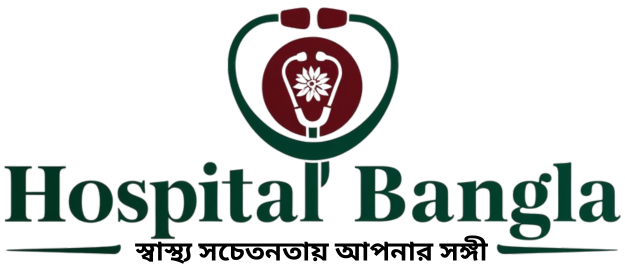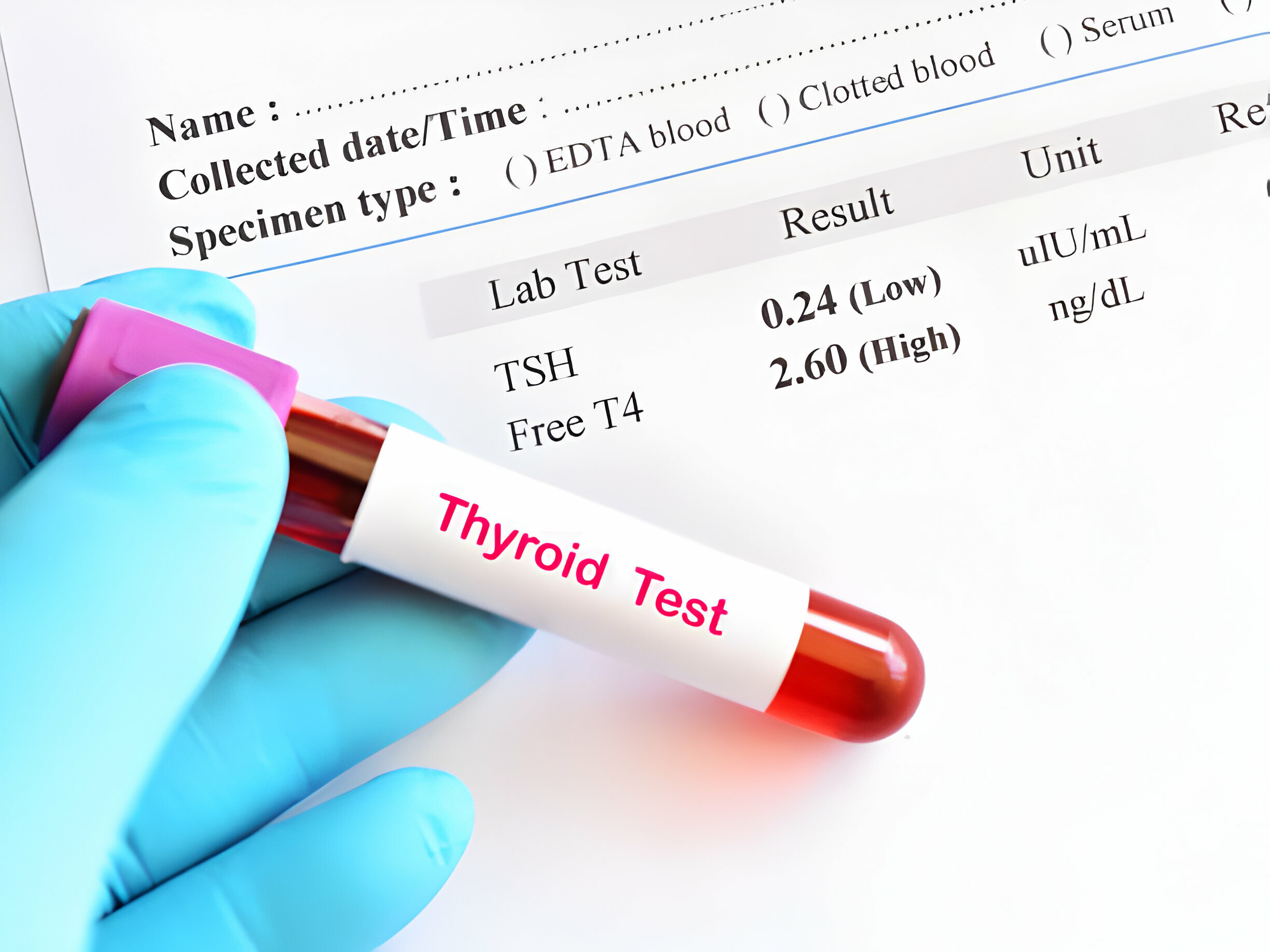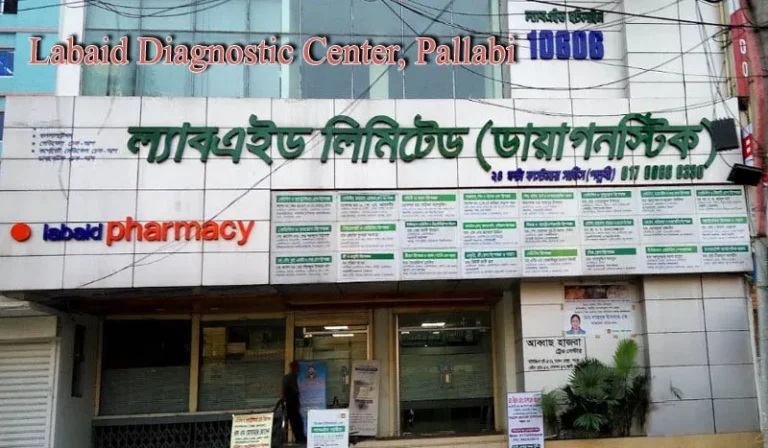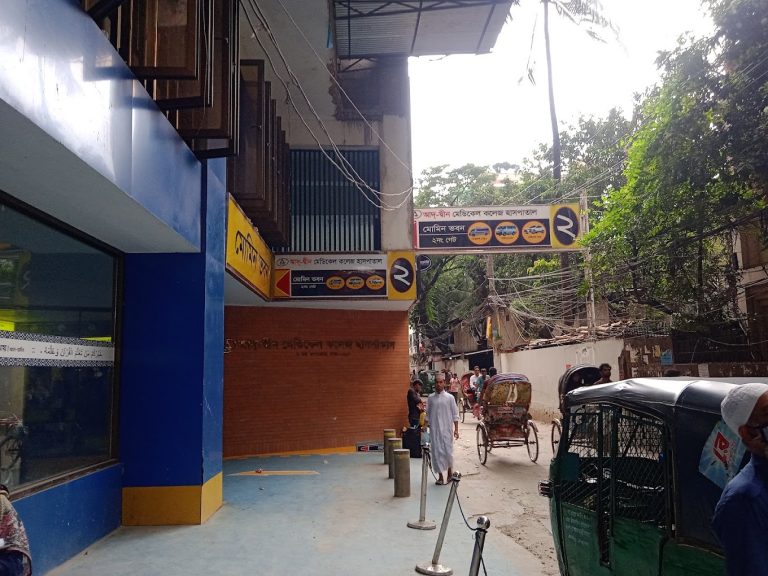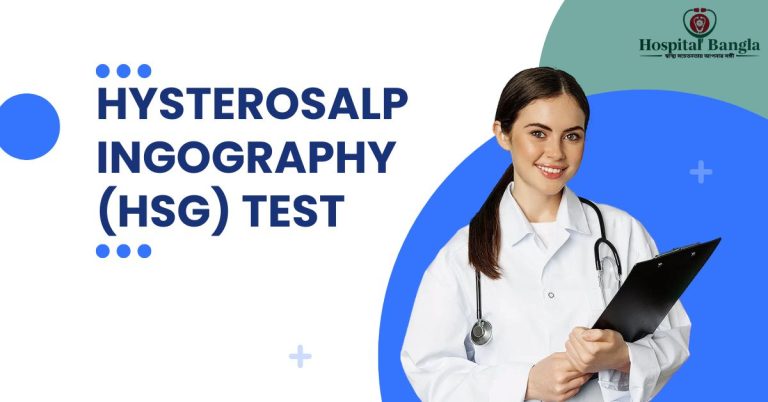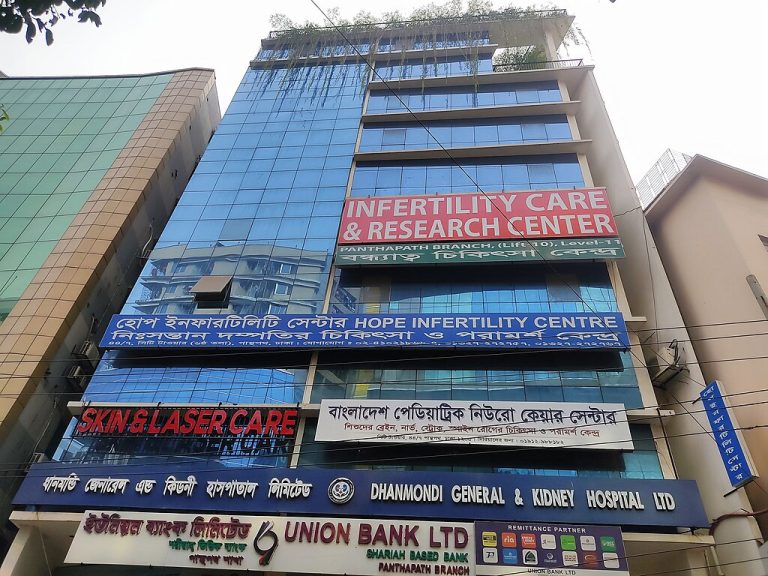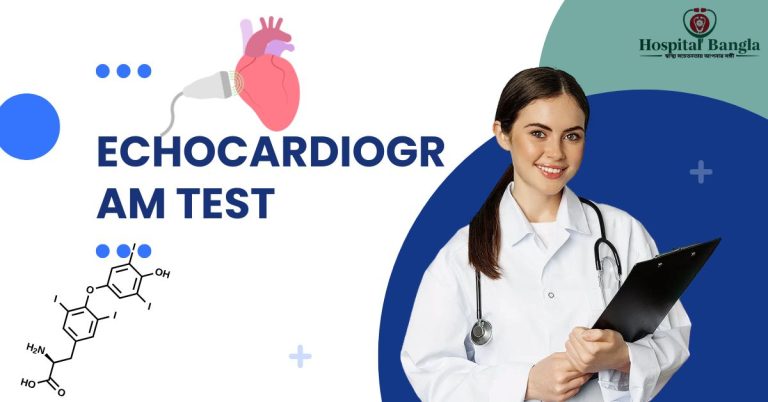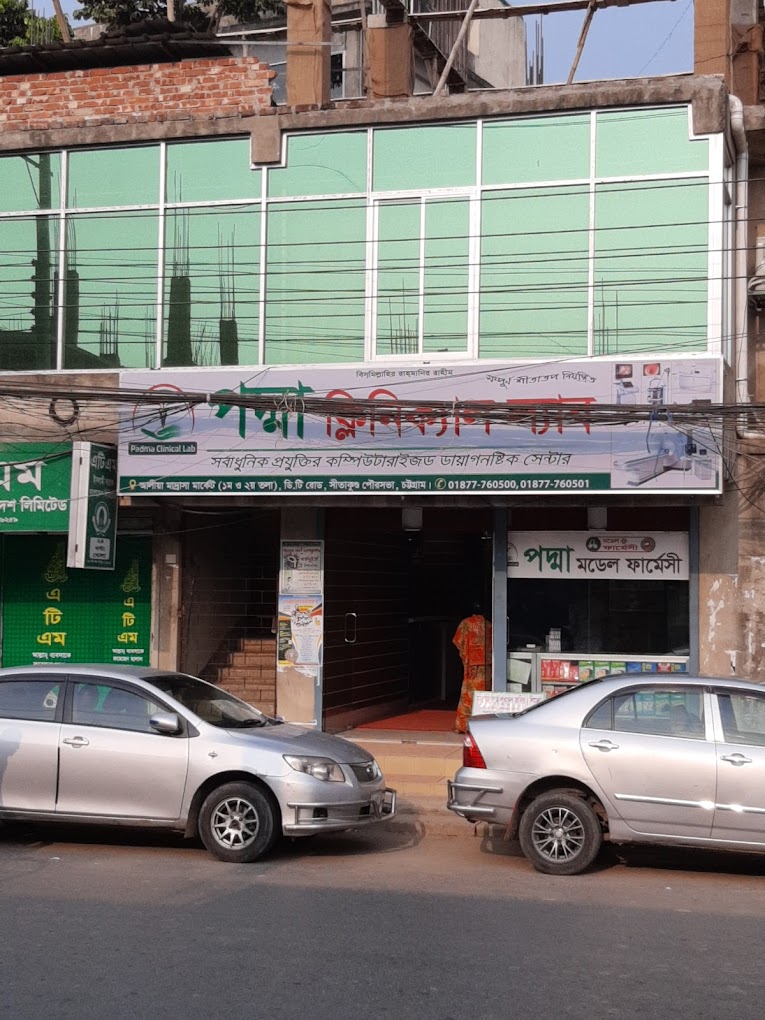TSH Test Price in Bangladesh: What Is the Latest Cost?
The Thyroid Stimulating Hormone (TSH) test is a crucial blood test that measures the level of TSH in your bloodstream to evaluate thyroid function. This test serves as the primary screening tool for thyroid disorders, helping doctors assess whether your thyroid gland is producing appropriate amounts of thyroid hormones. Many Bangladeshis require TSH testing due to the high prevalence of thyroid disorders in the country, particularly among women. The TSH test price in Bangladesh typically ranges from 200 to 1,400 BDT, varying based on the healthcare facility, location, and whether it’s part of a broader thyroid panel. This essential diagnostic tool helps identify conditions like hypothyroidism and hyperthyroidism, which can significantly impact overall health if left undiagnosed.
What is a TSH Test?
A TSH test is a simple blood test that measures the concentration of Thyroid Stimulating Hormone in your bloodstream. TSH is produced by the pituitary gland, a small gland at the base of your brain that acts as the control center for hormone production throughout your body.
The test works on a feedback principle: when thyroid hormone levels in your blood are low, your pituitary gland produces more TSH to stimulate the thyroid to increase hormone production. Conversely, when thyroid hormone levels are high, TSH production decreases. This relationship makes TSH an excellent indicator of thyroid function.
The clinical significance of the TSH test lies in its ability to:
- Detect thyroid dysfunction before symptoms become apparent
- Monitor the effectiveness of thyroid treatments
- Screen for thyroid disorders in high-risk populations
- Evaluate unexplained symptoms that might be thyroid-related
Medical conditions that commonly require TSH testing include:
- Hypothyroidism (underactive thyroid)
- Hyperthyroidism (overactive thyroid)
- Goiter (enlarged thyroid)
- Thyroiditis (inflammation of the thyroid)
- Thyroid nodules or tumors
- Pregnancy-related thyroid issues
The test is also known by alternative names such as:
- Thyrotropin test
- Thyroid function test (when combined with other thyroid tests)
- Thyroid profile (when part of a comprehensive panel)
- Serum TSH
TSH Test Price List in Government Hospitals in Bangladesh
| Hospital Name | Location | TSH Test Price (BDT) | Contact Number |
|---|---|---|---|
| National Institute of Laboratory Medicine and Referral Center (NILMRC) | Sher-e-Bangla Nagar, Dhaka | 200 | N/A |
| Bangabandhu Sheikh Mujib Medical University (BSMMU) | Shahbag, Dhaka | 250 | N/A |
| Dhaka Medical College Hospital | Secretariat Road, Dhaka | 200 | N/A |
| Shaheed Suhrawardy Medical College Hospital | Sher-e-Bangla Nagar, Dhaka | 200 | N/A |
| Chittagong Medical College Hospital | K.B. Fazlul Kader Road, Chittagong | 200 | N/A |
| Rajshahi Medical College Hospital | Rajshahi | 200 | N/A |
| Sir Salimullah Medical College & Mitford Hospital | Mitford, Dhaka | 200 | N/A |
TSH Test Price List in Private Hospitals in Bangladesh
| Hospital/Diagnostic Center | Location | TSH Test Price (BDT) | Contact Number |
|---|---|---|---|
| Popular Diagnostic Centre Ltd. | Dhanmondi, Dhaka | 1,000 | N/A |
| Ibn Sina Diagnostic & Imaging Center | Dhanmondi, Dhaka | 1,000 | N/A |
| Labaid Diagnostics | Gulshan, Dhaka | 1,000 | N/A |
| Epic Hospital | Dhaka | 1,000 | N/A |
| Medinova Medical Services | Malibagh, Dhaka | 1,000 | N/A |
| Delta Hospital Ltd. | Mirpur, Dhaka | 1,000 | N/A |
| Anwer Khan Modern Hospital | Dhanmondi, Dhaka | 1,200 | N/A |
| United Hospital | Gulshan, Dhaka | 1,400 | N/A |
| Square Hospitals Ltd. | Panthapath, Dhaka | 1,200 | N/A |
| Evercare Hospital | Bashundhara, Dhaka | 1,400 | N/A |
When is a TSH Test Recommended?
A TSH test is recommended in various clinical scenarios:
Symptoms of hypothyroidism:
- Unexplained fatigue and weakness
- Weight gain despite no change in diet
- Increased sensitivity to cold
- Dry skin and hair
- Constipation
- Depression or mood changes
- Muscle aches and joint pain
- Irregular or heavy menstrual periods
Symptoms of hyperthyroidism:
- Unexplained weight loss
- Rapid or irregular heartbeat
- Increased appetite
- Nervousness, anxiety, or irritability
- Tremors in hands and fingers
- Excessive sweating and heat intolerance
- Sleep difficulties
- More frequent bowel movements
Other situations where TSH testing is recommended:
- Routine screening for adults over 35, especially women
- Monitoring patients with known thyroid disorders
- Pregnancy planning or during pregnancy
- Evaluation of infertility
- Assessment of growth and development issues in children
- Screening for newborns (mandatory in many countries)
- Follow-up for patients on thyroid medication
- Evaluation of cognitive decline or dementia in elderly patients
Doctors use TSH test results for screening, diagnosis, and monitoring purposes. As a screening tool, it helps identify thyroid dysfunction in asymptomatic individuals. For diagnosis, it confirms suspected thyroid disorders based on symptoms. In monitoring, it helps adjust medication dosages for patients already diagnosed with thyroid conditions.
TSH Test Preparation
Preparing for a TSH test is relatively straightforward:
Fasting requirements:
- Fasting is generally not required for a standard TSH test
- However, some doctors may recommend 8-12 hours of fasting if the TSH test is part of a comprehensive metabolic panel
- Water consumption is allowed and encouraged before the test
Medications that may affect results:
- Thyroid medications (levothyroxine, liothyronine)
- Steroids
- Dopamine
- Biotin supplements (should be stopped 2-3 days before testing)
- Lithium
- Amiodarone
- Some contrast agents used in imaging studies
Always inform your healthcare provider about all medications and supplements you’re taking before the test.
Sample collection process:
- A healthcare professional will draw a small blood sample from a vein in your arm
- A tourniquet (elastic band) will be tied around your upper arm to make the veins more visible
- The site will be cleaned with an antiseptic
- A needle will be inserted to draw a small amount of blood (usually 1-2 teaspoons)
- The needle is removed, and pressure is applied to stop bleeding
- A bandage is placed over the puncture site
Time considerations:
- The actual blood draw takes only 1-2 minutes
- The entire process, including registration and preparation, typically takes 15-30 minutes
- Results are usually available within 24-72 hours, depending on the laboratory
Understanding TSH Test Results
Interpreting TSH test results requires understanding the reference ranges and what abnormal values might indicate:
Normal TSH ranges:
- For adults: 0.4 to 4.0 mIU/L (milliunits per liter)
- For pregnant women:
- First trimester: 0.1 to 2.5 mIU/L
- Second trimester: 0.2 to 3.0 mIU/L
- Third trimester: 0.3 to 3.0 mIU/L
- For older adults (>80 years): 0.4 to 7.0 mIU/L (slightly higher upper limit)
High TSH levels (above normal range):
- Primary hypothyroidism: The most common cause of elevated TSH, indicating an underactive thyroid gland not producing enough thyroid hormones
- Subclinical hypothyroidism: Elevated TSH with normal T3 and T4 levels
- Thyroiditis: Inflammation of the thyroid gland
- Iodine deficiency
- Certain medications (lithium, amiodarone)
- Pituitary tumors (rare)
Low TSH levels (below normal range):
- Hyperthyroidism: An overactive thyroid producing excessive thyroid hormones
- Graves’ disease: An autoimmune condition causing hyperthyroidism
- Toxic nodular goiter
- Excessive thyroid medication
- Pregnancy (first trimester)
- Pituitary gland disorders
Factors that may affect results:
- Time of day (TSH levels are naturally higher in the evening)
- Stress
- Illness
- Recent hospitalization
- Certain medications
- Recent radioactive iodine treatments
- Pregnancy
- Age (TSH levels tend to increase with age)
- Severe non-thyroidal illness
When to consult a doctor about results:
- If your TSH level is outside the normal range
- If you have symptoms of thyroid dysfunction despite normal TSH
- If you’re on thyroid medication and your TSH levels aren’t in the target range
- If you’re pregnant and have abnormal TSH levels
- If you have a family history of thyroid disorders and your TSH is borderline
- If your TSH levels have changed significantly from previous tests
Frequently Asked Questions
- How accurate is the TSH test?
The TSH test is highly accurate for detecting thyroid dysfunction, with a sensitivity of over 95% for primary hypothyroidism. However, it may not detect all cases of central hypothyroidism (caused by pituitary or hypothalamic problems) or very early thyroid disease. For comprehensive thyroid assessment, doctors often order additional tests like Free T4 and Free T3. - How long does it take to get TSH test results in Bangladesh?
In most Bangladeshi hospitals and diagnostic centers, TSH test results are available within 24-48 hours. Some premium facilities offer same-day results for an additional fee. Government hospitals typically take 2-3 days to process results due to higher patient volumes. - Is the TSH test covered by health insurance in Bangladesh?
Most health insurance plans in Bangladesh cover TSH testing when medically necessary. However, coverage varies by provider and plan type. Government health schemes like Shasthyo Surokhsha Karmasuchi (SSK) may cover TSH testing at public hospitals for eligible beneficiaries. Always check with your insurance provider before testing. - How often should I have my TSH levels checked?
For people without thyroid issues, screening every 5 years after age 35 is generally recommended, with more frequent testing for women over 50. For those with diagnosed thyroid conditions, testing frequency varies:- Every 4-8 weeks when starting or adjusting thyroid medication
- Every 6 months once stable on medication
- Annually for well-controlled thyroid conditions
- More frequently during pregnancy if you have thyroid issues
- What’s the difference between TSH and other thyroid tests like T3 and T4?
TSH measures the pituitary hormone that regulates thyroid function, while T3 and T4 measure the actual thyroid hormones produced by the thyroid gland. TSH is more sensitive for detecting early thyroid dysfunction. T4 (thyroxine) is the main hormone produced by the thyroid, while T3 (triiodothyronine) is the active form that affects metabolism. Free T3 and Free T4 tests measure the unbound, active hormone levels in the blood. - Can I take my thyroid medication before a TSH test?
It’s generally recommended to postpone taking thyroid medication until after blood collection for a TSH test, as the medication can temporarily affect results. However, always follow your doctor’s specific instructions, as they may want to see how your current medication regimen is affecting your levels. - Why might my doctor order a thyroid panel instead of just a TSH test?
While TSH is an excellent screening test, a complete thyroid panel (including Free T3, Free T4, and sometimes thyroid antibodies) provides a more comprehensive picture of thyroid function. This is particularly important for diagnosing complex thyroid conditions, monitoring treatment effectiveness, or when symptoms persist despite normal TSH levels.
Conclusion
The TSH test is a fundamental diagnostic tool for assessing thyroid function and identifying thyroid disorders that affect millions of Bangladeshis. Its ability to detect thyroid dysfunction early makes it invaluable for preventing the serious complications associated with untreated thyroid conditions, including cardiovascular problems, infertility, and developmental issues. As we’ve seen, the TSH test price in Bangladesh varies significantly between government hospitals (200-250 BDT) and private facilities (1,000-1,400 BDT) in 2025, making it important to compare options based on your budget, location, and urgency.
When considering where to get your TSH test, remember that government hospitals offer the most affordable options, though they may have longer waiting times. Private diagnostic centers provide faster service and often include the option to combine TSH with other thyroid tests for a more comprehensive evaluation. Regardless of where you choose to get tested, the most important step is to follow up with a healthcare provider to interpret your results correctly and develop an appropriate treatment plan if necessary.
If you’re experiencing symptoms of thyroid dysfunction or have risk factors such as family history, pregnancy, or advancing age, don’t hesitate to consult with your doctor about getting a TSH test. Early detection and treatment of thyroid disorders can significantly improve your quality of life and prevent long-term health complications.
